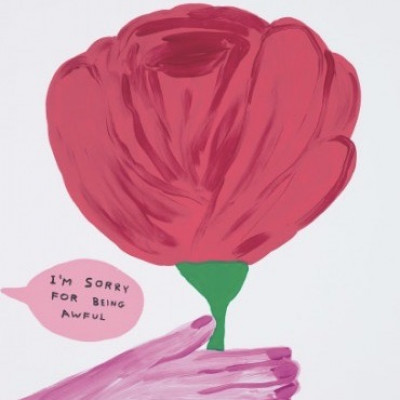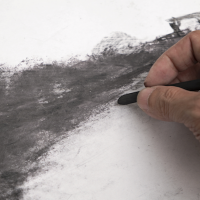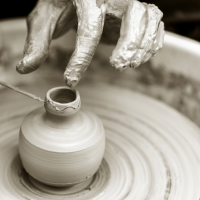
What is Naive Art?
Naïve art describes a style of artwork that is simple and unsophisticated, often created by artists without formal training in an academy or art school. The style is characterized by a lack of advanced techniques, giving it a childlike appearance. Naïve art often features bright colors, simple shapes, and a straightforward approach to subject matter, reflecting the artist's untrained perspective.
Show All
- Show All
- Established
- Discoveries
Show All
ARTWORKS RELATED TO NAIVE ART
David Shrigley
I Will Not Allow The Dark Skies To Affect Me, 2025
Limited Edition Print
Screen-print
Inquire For Price
Yoshitomo Nara
WOW (Works on Whatever) Project beach towel, 2010
Tapestry
Digital print on canvas
USD 12,000
Yoshitomo Nara
Marching on a butterbur leaf, 2019
Limited Edition Print
Offset Print
Inquire For Price
Pablo Picasso
Nu aux Bottines, from La Série 347 (B. 1724; Ba. 1741), 1968
Limited Edition Print
Etching
EUR 5,400
Pablo Picasso
Sur la scène: viellard barbu s'apprêtant à poignarder une femme dans son lit, 1966
Limited Edition Print
Etching and Aquatint
EUR 5,100

Charcoal is made from charred wood and is used in both initial sketches and finished drawings. It can be easily smudged or erased, making it versatile for corrections. To make charcoal drawings permanent, a fixative like resin or gum is required. It’s especially useful for sketching first ideas on walls or canvas.






















